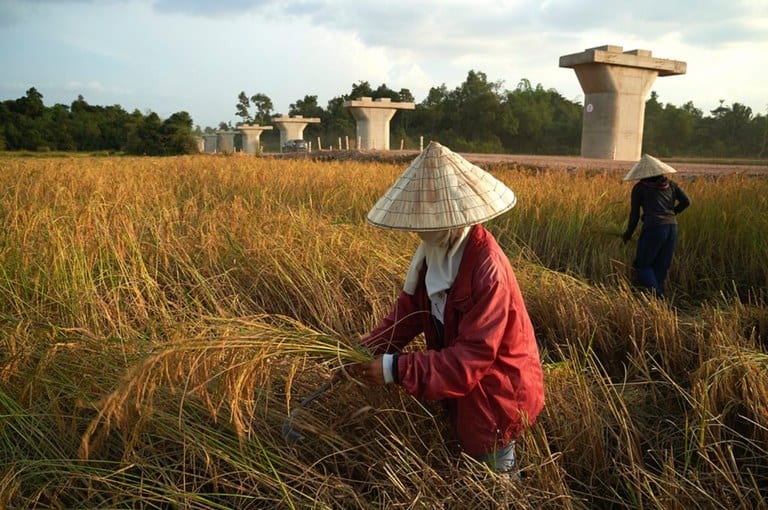The Earth Journalism Network, Internews’ environmental program, has recently awarded grants to 36 reporters, 14 from the Bay of Bengal region and another 22 from the broader Asia-Pacific region, to report on climate and environmental change. The aim of these grants is to improve coverage of the challenges facing vulnerable communities and show how they’re adapting in some places, thereby building resistance and informing policymakers of the need for action.
It is the second round of grants for EJN’s Bay of Bengal and Asia-Pacific projects, and the new batch of grantees comes from more than 10 countries, bringing with them an array of backgrounds and experience. In our effort to provide mentorship in addition to funding, we’ve selected a number of early-career journalists and are working with them to craft their stories.
The initial proposals we received run the gamut, covering issues related to water, fisheries, natural disasters, the illegal wildlife trade, conservation and threats to biodiversity.
They also explore how these challenges intersect with health and economics, helping paint a more comprehensive picture of how climate change hits at communities most vulnerable to its effects.
Some of the reporters across both projects are working directly in indigenous and ethnic minority communities to ensure their voices are shared more widely. One story, for example, will look at how ethnic minority groups view a new rail line being built to connect China and Laos, while another will focus on landless laborers who are often overlooked in post-disaster recovery efforts – a particularly relevant angle given the recent cyclone that hit eastern India.
The grantees cover all mediums – online, radio, television, print and photography – and are taking diverse approaches in their coverage. One journalist in India will produce a series of radio vignettes told by fisherfolk while another in eastern Indonesia will use data to support several stories about the impacts of mining on forest-dwelling communities.
Many are exploring solutions, such as how a group of women in Papua New Guinea is coming together to find ways to address food insecurity. Others are taking on deep investigations, looking, for instance, at the impacts of government-supported infrastructure projects on marine resources.
By investigating the impact of state environmental policies, or the lack thereof, this project also hopes to address how in some places state efforts to combat climate change are ignoring the challenges faced by poor and marginalized communities.
Over the coming months we’ll be publishing these stories on our website and will soon open up another call for proposals. Stay tuned to this space to read these pieces and find out more.
(Banner photo: A farmer harvests her rice on the outskirts of the capital, Vientiane. The giant cement pillars looming in the background will support the Nam Khone bridge, which at 7.5 kilometres will be the longest on the China-Laos railway. The farmer has been informed that her field will soon be requisitioned. Though the government is yet to compensate her, she says she’s still excited about the project / Credit: Surya Chuen)
